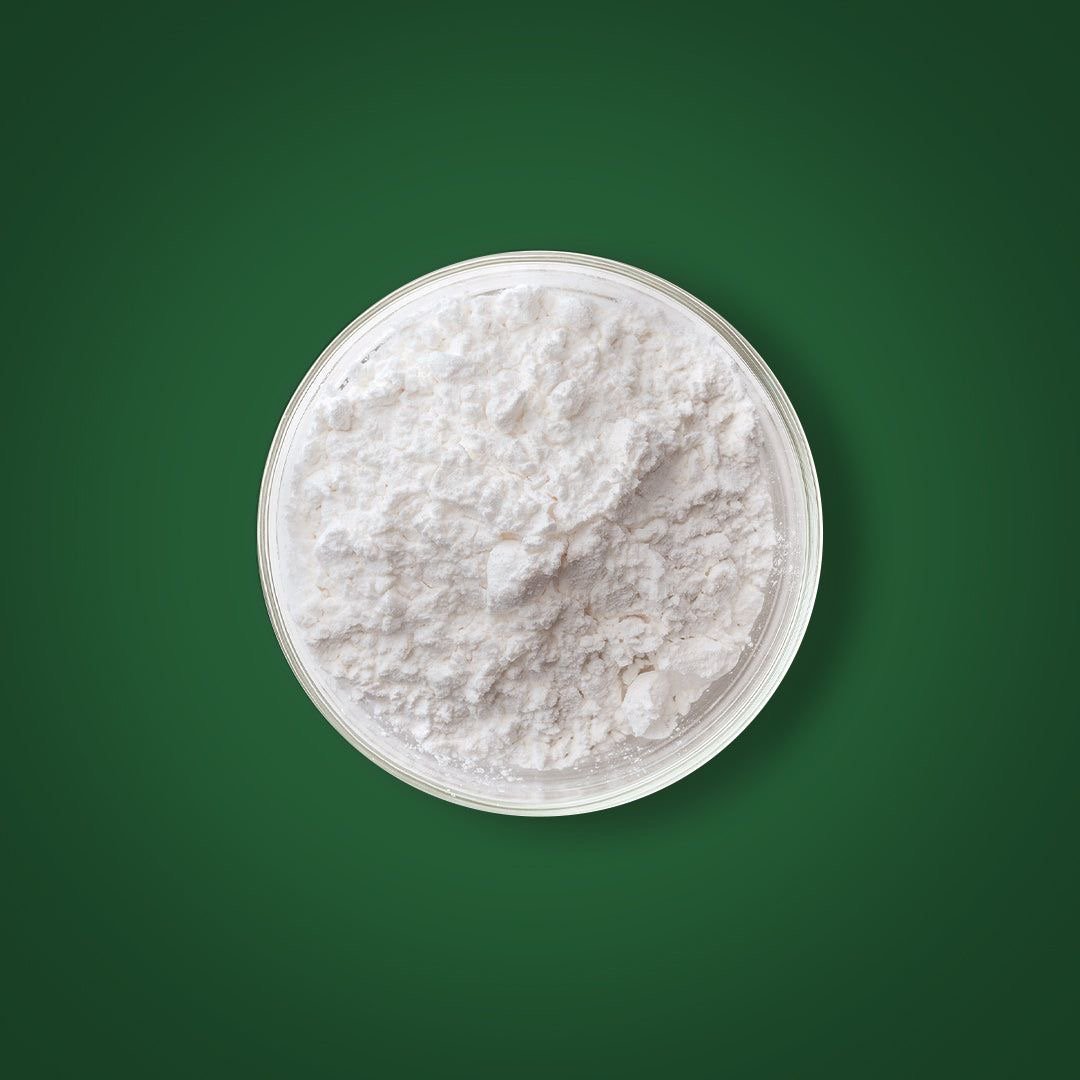At the end of 2023, the worldwide market for bone and joint health ingredients was valued at $3,345.3 million. It’s showing a compound annual growth rate of 6.4% during this period. As populations in developed countries are increasingly reaching or exceeding typical human life expectancies, the importance of maintaining bone and joint health is becoming more critical. Consequently, the market for these health ingredients has surged past $9 billion, demonstrating a positive growth trend.
The World Health Organization (WHO) has projected that by 2020, osteoarthritis will rank as the fourth leading cause of disability globally, primarily due to an aging population. These concerning statistics have significantly fueled the growth of the bone and joint health ingredient market.
The Key Ingredients for Healthy Bones and Joints
Vitamin D
Vitamin D is vital for maintaining healthy bones, as it facilitates the absorption of calcium and phosphorus, key elements for strengthening bones and teeth. It is particularly noteworthy that the body cannot effectively absorb calcium without Vitamin D. This synergistic effect is highlighted in a double-blind study where older women exhibited enhanced bone mineral density (BMD) when supplemented with 1,400 IU of Vitamin D alongside adequate calcium.
Glucosamine and Chondroitin Sulfate
Glucosamine and chondroitin sulfate, often used in tandem, have become notable for their potential in reducing symptoms of Osteoarthritis (OA) with minimal side effects. The ingredients are valued for their role in arthritis management. It is offering pain relief and assisting in the reconstruction of cartilage within the body. Chondroitin sulfate is especially recognized for its ability to decelerate the progression of arthritis. Additionally, they are effective in managing arthritis-induced inflammation. Other notable advantages include:
- These supplements contribute to an increased production of hyaluronic acid, a key component of synovial fluid that lubricates joints.
- They aid in enhancing the body’s natural repair mechanisms.
- By reducing swelling and pain, they promote healthy joint function and improve joint flexibility.
- Beyond these benefits, glucosamine and chondroitin sulfate are also believed to be beneficial in treating conditions like glaucoma, osteoporosis, high blood pressure, heart diseases, and anemia.
Hyaluronic Acid (HA)
Hyaluronic acid (HA) plays a significant role in alleviating joint pain by ensuring adequate lubrication of bones. It is naturally present in the joints, aiding in maintaining a lubricated space between bones. This lubrication helps prevent bones from rubbing against each other, thereby reducing the likelihood of experiencing painful sensations. HA supplements are particularly beneficial for individuals with osteoarthritis, a common degenerative joint condition resulting from long-term wear and tear. Studies have demonstrated that taking 80-200 mg of HA daily for a minimum of two months can markedly decrease knee pain in people suffering from osteoarthritis, especially in those aged 40 to 70 years.
Vitamin K
Clinical research indicates that vitamin K2 could play a role in protecting against osteoporosis in individuals with rheumatoid arthritis. Vitamin K is essential for enabling bone proteins to attach to calcium, which is crucial for bone health. Additionally, vitamin K is vital for preserving robust and healthy cartilage in joints, as it regulates calcium levels across various tissue cells, not just in bones. Various studies have found a correlation between lower vitamin K levels and a higher incidence of osteoarthritis in the knees. Moreover, the progression of the disease tends to be more pronounced in patients with significantly low levels of vitamin K.
Vitamin B3
Vitamin B3 has shown potential in reducing arthritis symptoms. An early study found that vitamin B3 was effective in lessening certain symptoms of osteoarthritis, enhancing joint mobility, and decreasing the reliance on NSAIDs. Additionally, a separate experiment conducted on laboratory rats demonstrated that injections containing vitamin B3 were effective in reducing inflammation linked to arthritis.
Green Tea Extract
Green tea extract is beneficial in preventing the onset of arthritis. In patients with rheumatoid arthritis, a protein called cytokine interleukin-1 beta (IL-1B) is instrumental in the deterioration of joint cartilage. Epigallocatechin gallate (EGCG), a compound found in green tea, inhibits the ability of IL-1B to produce proteins and enzymes that invade joints and harm the cartilage. Additionally, EGCG impedes the activity of three other inflammation-causing molecules: IL-6, Cox-2, and prostaglandin E2. This mechanism enables green tea to effectively act as an anti-inflammatory agent, similar to anti-inflammatory medications.
Omega-3 Fatty Acids
Osteoporosis and arthritis are prevalent conditions impacting the skeletal system. Research suggests that omega-3 fatty acids can enhance bone density by increasing calcium levels in the bones, potentially lowering the risk of osteoporosis. Omega-3s are can also be beneficial in managing arthritis. Patients who have supplemented with omega-3s have experienced alleviated joint pain and improved grip strength.
Collagen
Collagen plays a crucial role in diminishing joint pain and preventing degeneration. Its gel-like, smooth consistency provides a protective covering for our bones, facilitating smooth movement and reducing pain. Collagen aids in enhancing joint mobility, lessens pain typically linked with aging, and lowers the chances of joint deterioration. Notably, recent research has identified collagen as an effective remedy for osteoarthritis and various joint disorders.
Moreover, collagen may serve as a protective agent against bone loss. Research indicates that consuming collagen supplements can trigger responses in the body that slow down the bone degradation process associated with osteoporosis.
Vitamin A
Vitamin A plays a vital role in bone development. Achieving the correct balance of this vitamin is crucial, as both excessive and insufficient levels have been associated with adverse effects on bone health. A study by the Institute of Gerontology and Geriatrics at the University of Perugia in Italy revealed that elderly women with osteoporosis had notably lower plasma retinol levels compared to a control group. The findings also indicated that diminished levels of retinol correlated with a decrease in bone mineral density in the femur.
L-lysine
L-lysine, the form of lysine absorbable by the body, may enhance the absorption and retention of calcium. In a study involving 30 women: 15 healthy and 15 with osteoporosis. It was observed that supplementation with both calcium and lysine reduced calcium loss through urine. The group that received 3 grams of only calcium showed a progressive increase in urinary calcium excretion. In contrast, those who were also given 400 mg of lysine experienced less calcium loss in their urine. Lysine seems to offer protection to the bones and may also influence how calcium is distributed within the body.
Are you in the process of manufacturing bones and joints supplements and looking for the necessary raw materials? Contact our team for our stock in The Netherlands!





